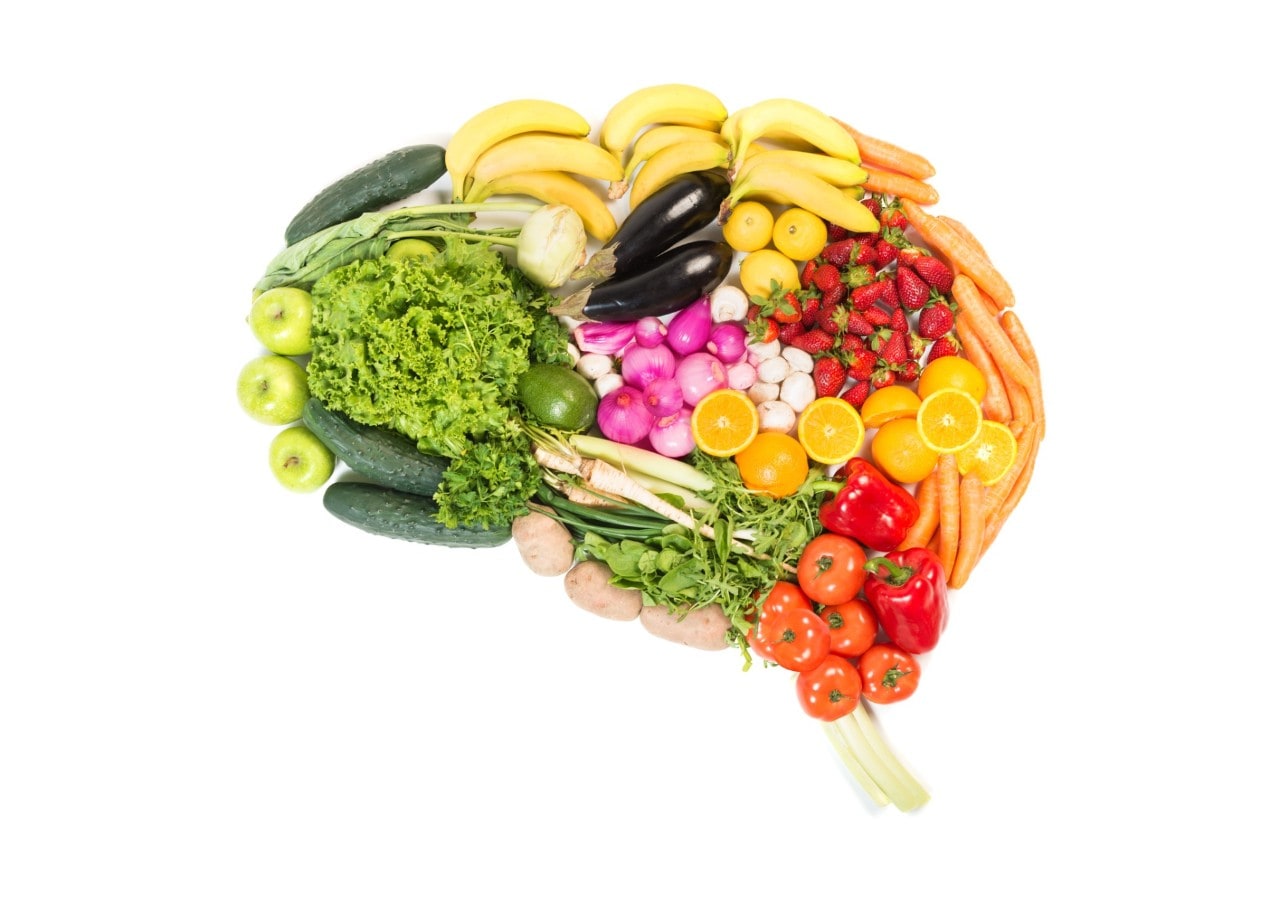Interest, research and products developed for an active lifestyle have been growing rapidly, creating a constantly evolving area for all athletes – the everyday athlete, weekend warrior and professionals. Nutrition for this population features support for training adaptations and recovery to improve overall performance. In part, this is due to an increased understanding of how foods and beverages can make or break our performance. Active consumers often look for specific nutrition products that can help optimize their overall nutrition for peak performance.
Three stages of nutrition for exercising
Whether you are training for a community 5K running race, maintaining your morning workout routine or preparing for more high-intensity cardio and weight-lifting exercise, nutrition exists in three main stages; fuelling and hydrating before a competition or workout session; fuelling, hydrating and maintaining performance during competition or a workout session, allowing participants to perform for longer by providing fuel to the muscles and brain1; and finally, recovery after competition or a workout session.
Recovery is often overlooked. In fact, the area of recovery is a hot topic in sports nutrition currently. Clearly, the more efficiently an active consumer can recover, the quicker they can perform or workout again. There are now targeted nutritional supplements such as those developed by Just2BFit, called 2BActive and 2BComplete, which contain a number of nutritional ingredients that have been shown in research to have a role in exercise performance.
Carbohydrates and essential vitamins
Often in exercise nutrition, the key focus is on carbohydrates – this is not surprising as they are the main fuel for muscles (and the brain) during aerobic-based exercise, such as running. Evidence from numerous studies indicate that carbohydrate delivery during exercise can improve endurance capacity and performance2.
Beverages have been the go-to product to help maintain exercise performance; especially when the event or training session is longer than one hour. Sports drinks are designed to provide the right balance of carbohydrates, electrolytes and fluid to adequately fuel exercise and provide fluid for hydration, and when used appropriately can result in a performance benefit3.
As well as carbohydrates, supplements such as 2BActive and 2BComplete also contain a number of key Quali-B-vitamins (namely, vitamins B1, B2, B3 and B5) which have been attributed to their role in exercise performance. Many of the B-complex vitamins are involved in processing carbohydrates and fats for energy production, often an important consideration during exercise of varying intensity. Several B-vitamins are also essential to help form haemoglobin in red blood cells, a major determinant of oxygen delivery to the muscles during endurance-based exercise. Vitamin deficiencies can certainly impair exercise performance. In fact, a daily intake of less than one-third of the recommended intake for several of the B-vitamins (and vitamin C), even when other vitamins are supplemented in the diet, may lead to a significant decrease in VO2 max (a measure of someone’s cardiovascular fitness)4.
Creatine
A popular and more well-known ingredient within exercise nutrition is creatine. Creatine is obtained from meat and fish as well as produced naturally by the body (in small amounts). Creatine plays a key role in the regulation of energy production and acts indirectly to help supply the body with ATP (the body’s energy currency)5. Creatine is one of the most researched ingredients in sports nutrition. To date, several hundred peer-reviewed research studies have been conducted to evaluate the efficacy of creatine supplementation in improving exercise performance. Nearly 70 percent of these studies have reported a significant improvement in exercise capacity, while the others have generally reported non-significant gains in performance6. Typically, the use of creatine has been within strength-based sports, however, it may support endurance-based events as well, especially as evidence has suggested that creatine may reduce muscle damage and/or enhance recovery from intense exercise7.
Nutrients for an active lifestyle
There are several other nutrients that cater to and support an active lifestyle, including choline, L-carnitine, coenzyme Q10 and adaptogens.
Choline may offer benefits to active consumers by improving physical endurance. Choline supplements are thought to stimulate brain function. An often-underappreciated role of exercise nutrition is how certain nutrients can impact mental capacity and functioning; with one study showing that cyclists who took choline had an improved mood state8. Current research shows that a strenuous exercise bout, such as a marathon race, can create a significant, short-term decrease in choline in the blood, which is thought to impact performance. Because of this, it is possible that supplementing with choline could benefit performance9. Research has shown that choline supplementation can increase blood choline levels both at rest and during prolonged exercise, with some preliminary research suggesting that increased plasma choline levels are associated with a significantly decreased time to run 20 miles4.
L-carnitine is used to being more associated with fat loss, however the research on L-carnitine has shifted to investigating hypoxic stress and oxidative stress. Preliminary research has reported that L-carnitine has an effect on reducing markers of exercise-induced oxidative stress. Some research suggests it may help athletes tolerate training to a greater degree, especially during periods of intensive training10. Findings have also indicated that carnitine supplementation may have a favourable effect on recovery from exercise11.
Coenzyme Q10 (CoQ10) is an ingredient of much interest, especially as it is involved in all oxygen-related reactions within the body. One study found that supplementing with CoQ10 daily for eight days caused less fatigue during exercise and faster recovery between bouts of exercise12. Supplementation with CoQ10 has been shown to result in higher muscle CoQ10 concentrations and lower serum oxidative stress during and following exercise. It has been speculated that increased performance might be due to the antioxidant effect of CoQ10 supplementation and/or its potential action on the central nervous system12.
Finally, we turn to adaptogens, which are present in certain sport-specific supplements, including the Just2Bfit products, as the ingredient Rhodiola Rosea. This is a new area of research in nutrition, potentially showing benefit for both physical and mental performance. Adaptogens come from plants and act as metabolic regulators. They have been shown to increase the ability to adapt to environmental factors and to avoid body damage. These properties offer the possibility to utilize them to increase the performance in situations of mental and physical stress (the demands of training can be major stressors), and therefore improve sporting performance. During intense physical activity, our body must make continuous adjustments in order to maintain good health and to be able to continue with the physical processes that are required during exercise13-17.
While research on many exercise-related nutrients continues, conclusions to date indicate that the use of specialized nutritional products have a role in helping to support overall performance. If you live an active lifestyle, you may wish to consider adding a daily nutritional supplement to help support your health goals. And, be sure to look for high-quality and sustainable ingredients.
To learn more about sports nutrition and Just2BeFit, visit http://www.just2bfit.nl.










